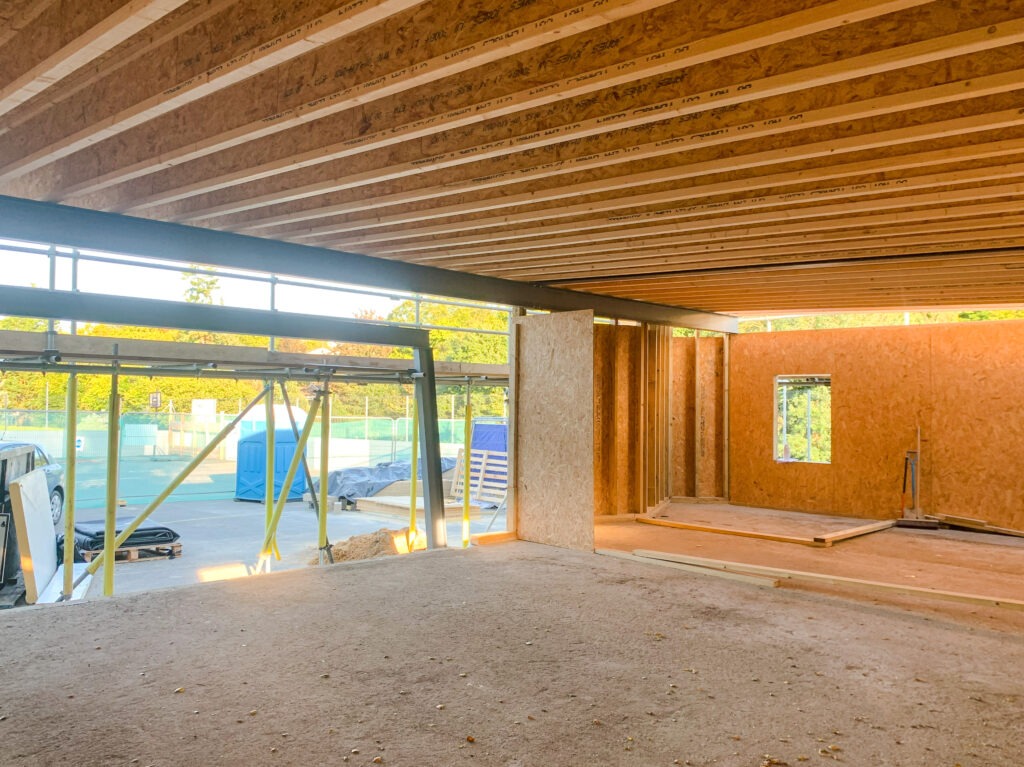
When you’re dreaming of a new home, the allure of a self-build is undeniable. It’s a chance to take control of your project, pour your own effort into the build, and potentially save a considerable amount on labour costs. With the growing popularity of Structural Insulated Panels (SIPs), many people are asking: is it realistic to attempt a DIY vs professional SIPs installation?
This article will explore the pros and cons of both approaches, helping you decide whether a self build SIP home kit is a smart choice for your project or if you should leave the job to the experts. We’ll delve into the practicalities, the risks, and the benefits of each method to give you a clear picture.
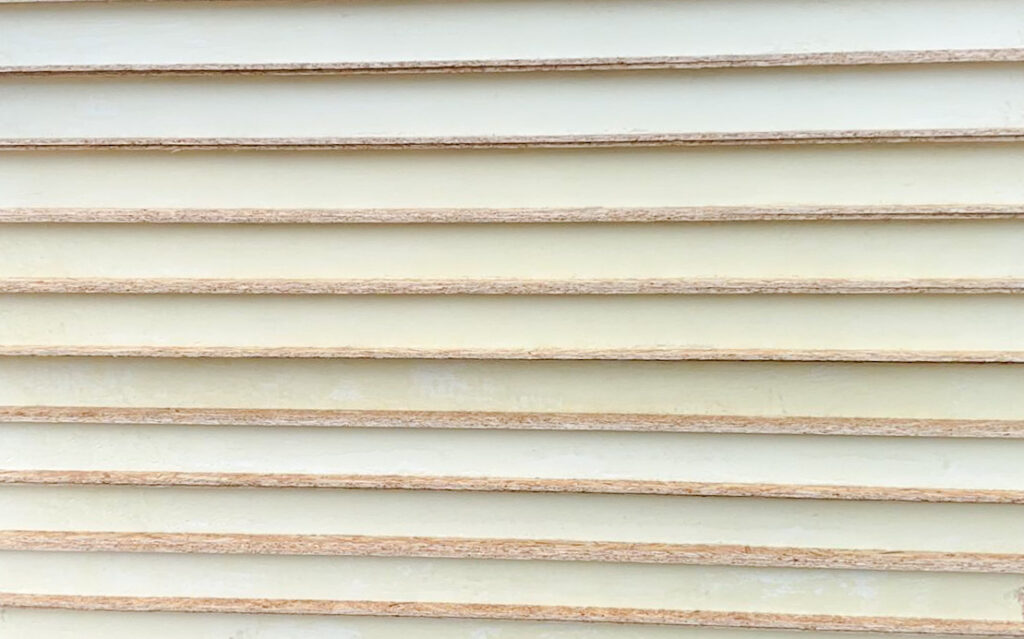
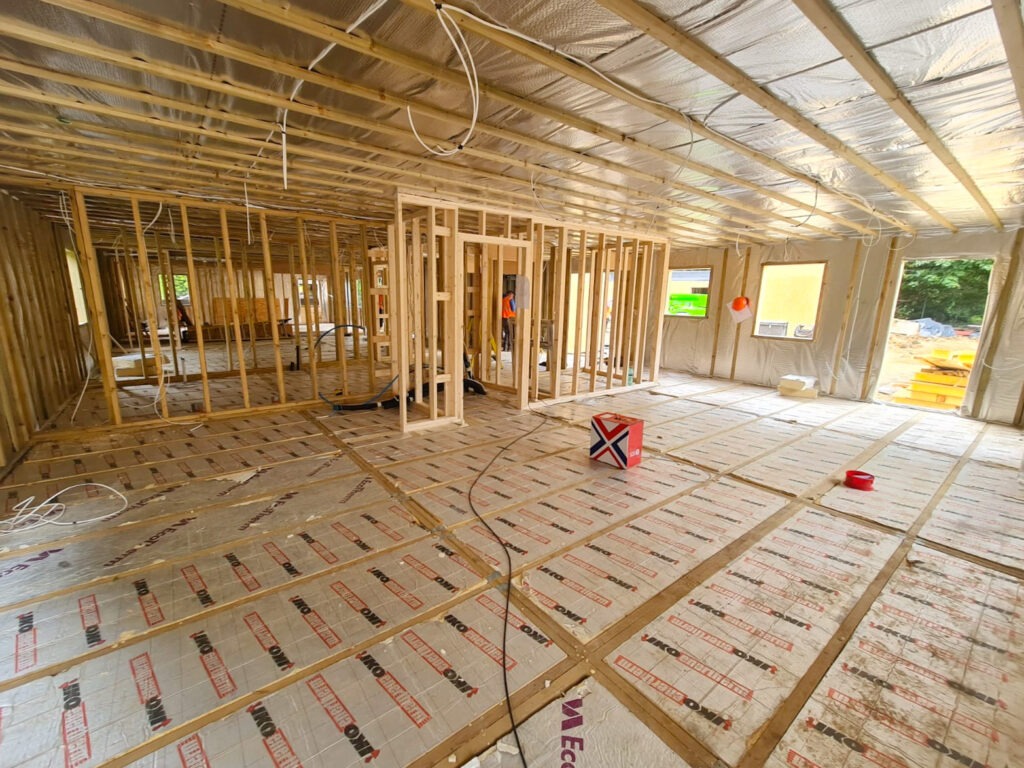
The main driver behind any self-build is the potential for cost savings. Opting for a self build SIP home kit and undertaking the installation yourself means you are not paying for a professional team. On a typical new-build, labour can account for a significant portion of the total cost, so doing it yourself can be very attractive.
SIPs are often promoted as a straightforward “slot together” system. The panels are pre-manufactured to a high degree of precision in a factory, with all the necessary cuts for doors and windows already made. For a relatively simple, small-scale project like a garden room or an outbuilding, the DIY route is a viable option, and many reputable suppliers offer kits specifically for this market. The simplicity of the assembly process means that, in theory, it requires less skilled labour than traditional brick or block construction.
While the idea of a DIY vs professional SIPs installation might seem like a simple choice between saving money or paying for convenience, the reality is more complex. The “slot together” process, while fast, is highly unforgiving of errors.
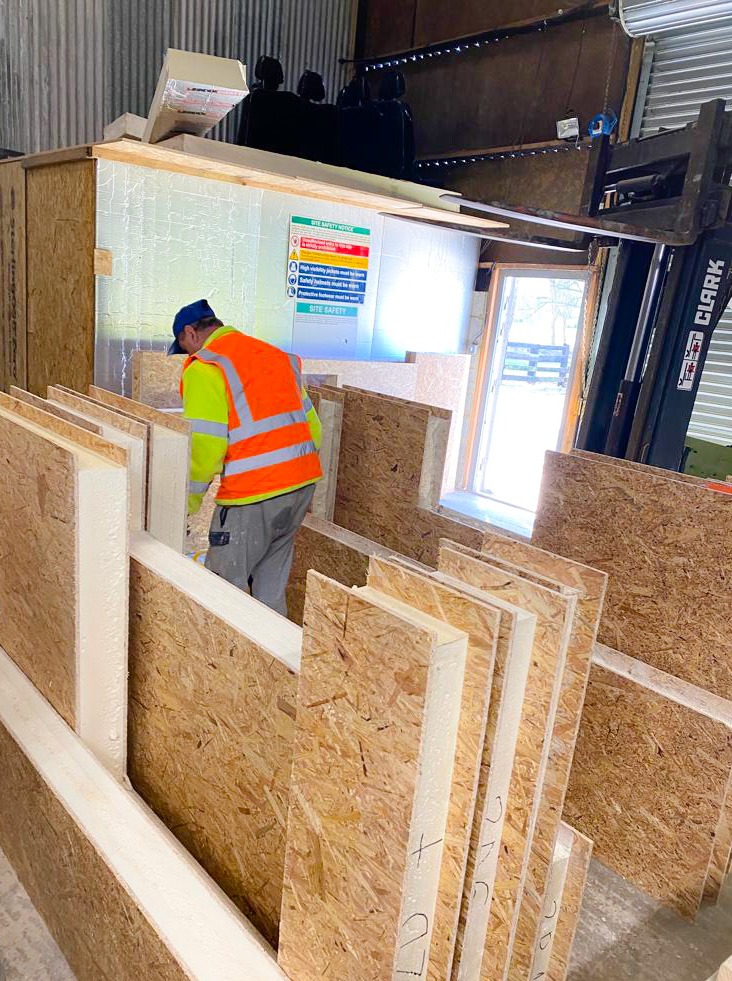
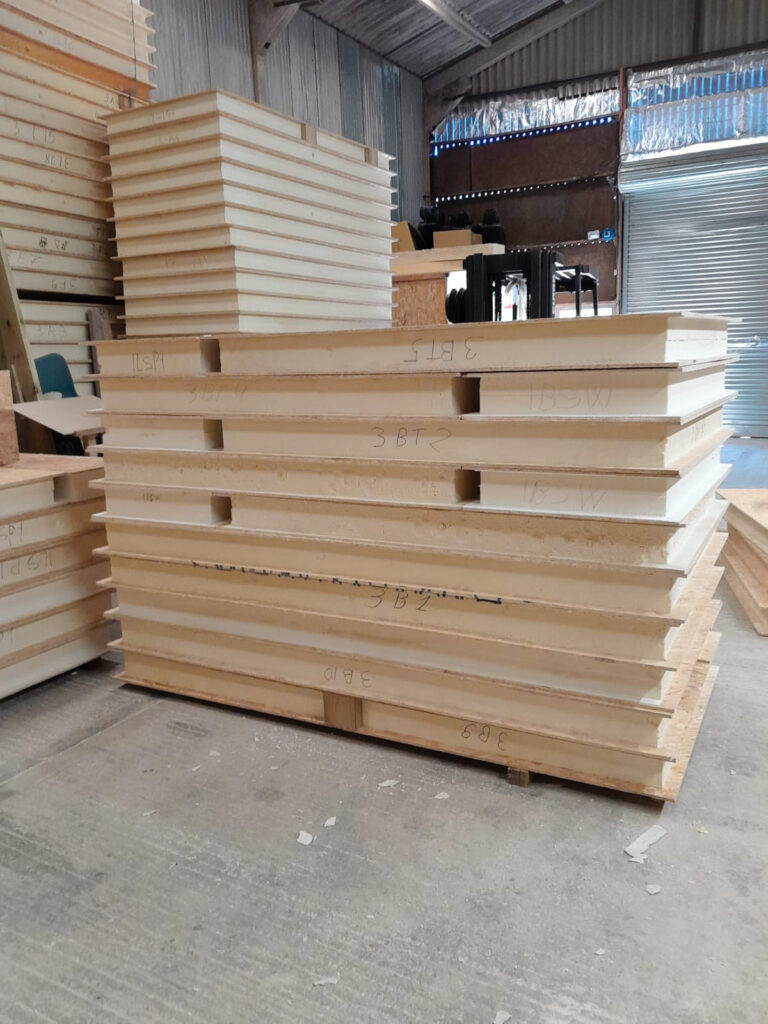
For a full-scale residential project, a professional DIY vs professional SIPs installation comparison almost always falls in favour of a professional build. The benefits far outweigh the initial savings.
While the idea of a self build SIP home kit is appealing and can be a suitable option for small garden rooms or offices, for a complete residential property, the risks of a DIY approach are simply too great. The precision required for a successful DIY vs professional SIPs installation makes it a job best left to those with the experience and training to do it right.
The true value of SIPs lies in their superior performance and speed of erection. To unlock these benefits, a professional installation is not just an option—it’s an investment in a high-quality, energy-efficient, and structurally sound home that will last for generations.
